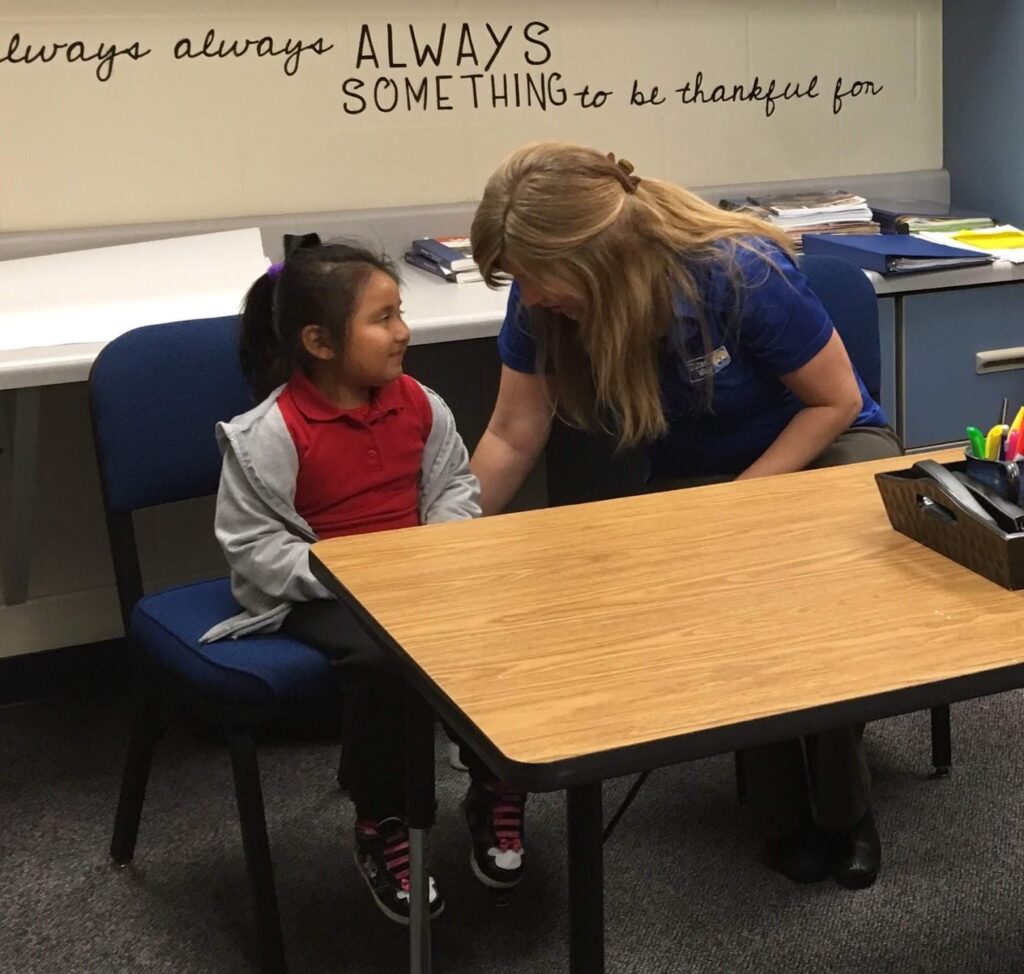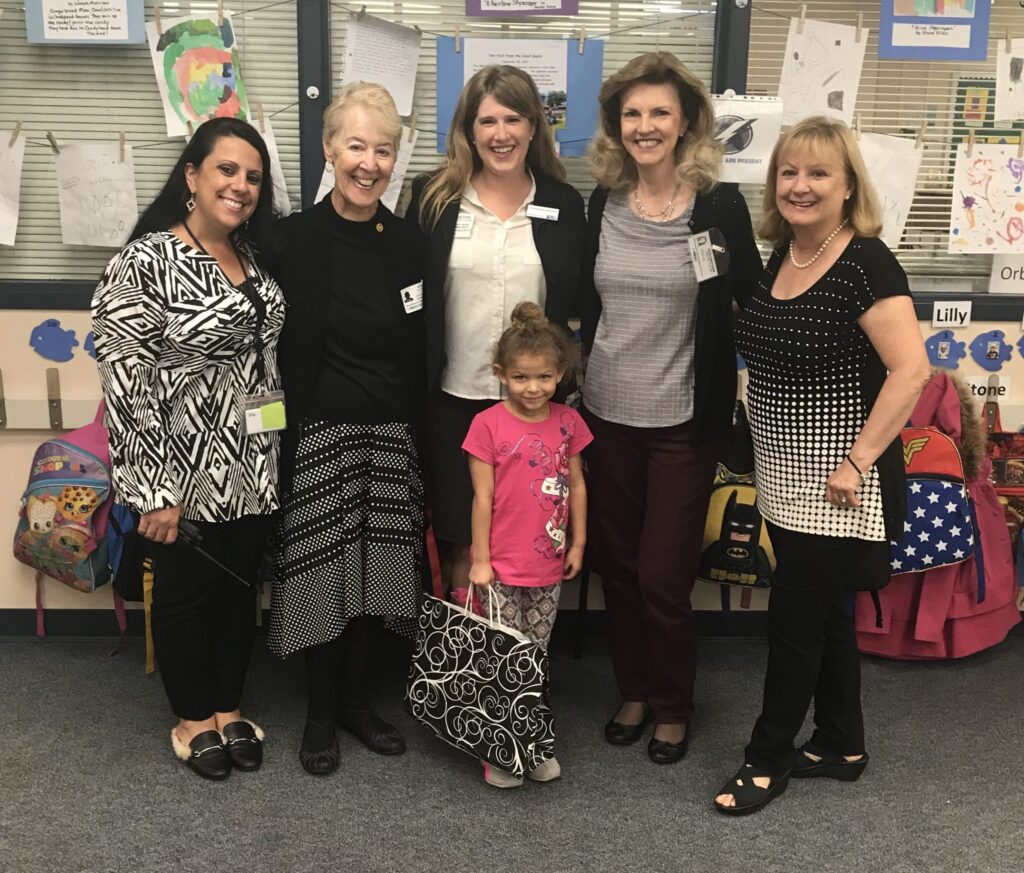Thanksgiving and Easter morning, my siblings and I would race to the living room to see what treasures awaited us and would find new books with personalized inscriptions lined across the top of our piano. As a young child, it struck me as odd that my parents would give books rather than showering us with candy like our friends’ parents. As adults, my siblings (a radiologist and a professor) and I recall this tradition as our family favorite and these moments together as key to igniting a love for education and building personal relationships.

Not all of our children are lucky enough to associate such positive and loving memories with reading. It is estimated that more than 61% of low-income families do not have a single book in their home. To me, this statistic is both sobering and completely unacceptable in a country that builds an identity on the idea that equal opportunity can exist for all. How, dare I ask, can a child grasp concepts learned at school without access to materials at home to practice?
In a world where critical thinking, concise writing, extensive vocabularies, and fast-paced analysis is expected in the workplace, how can we expect our children to obtain these skills without the simple presence of the resources needed to obtain grade-level reading?
These questions have haunted me since moving to Florida four years ago where I abruptly realized that, although my intentions at community outreach were always executed with the most positive intent, I had much to learn about the realities of the A.L.I.C.E. families outside my Iowa bubble.
This Thanksgiving, I want to give my thanks first to all those who recognize the importance of reading within their own families. Secondly, I want to thank the many in our community who recognize that all our children have the right to develop literacy skills and form memories around the wonder of reading. I specifically want to thank the United Way of Manatee County ReadingPals volunteer family at the six Title 1 schools across Manatee County.
ReadingPals meet with their students once a week to read together. They then help the students personalize books that they will take home every week after writing their names inside. Our volunteers far surpass the simple act of “reading” to a child. They ask questions, developing the children’s comprehension and deepening their ability to observe and analyze. ReadingPals create a bond with their students. They develop the type of memories for our children that connect the pleasure and love of reading with the care and compassion of an adult. This year, our ReadingPals families even developed crafts with the children and held important conversations about being Thankful.
Every year, I am grateful for the love of my own family. This year, I am grateful for the love, compassion, and drive of my ReadingPals family and all those involved in bringing this program to fruition. A program that, frankly, not only addresses the need to help our children read at grade-level, but also has created memories associated with reading that our children so desperately deserve. I am thankful to the Suncoast Campaign for Grade-Level Reading because I am allowed every day to help our children build these memories.
Happy Thanksgiving to all. May you have the time to build a special memory of your own and even, perhaps, do a little reading.


